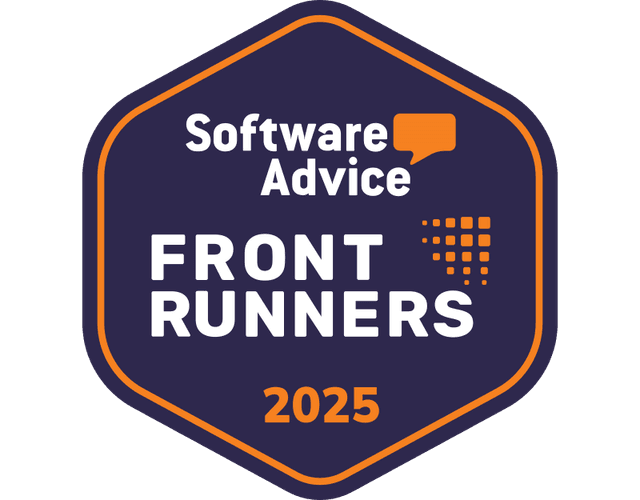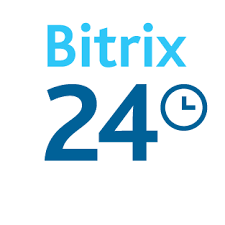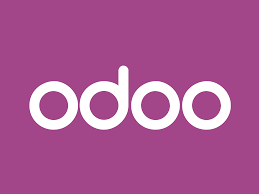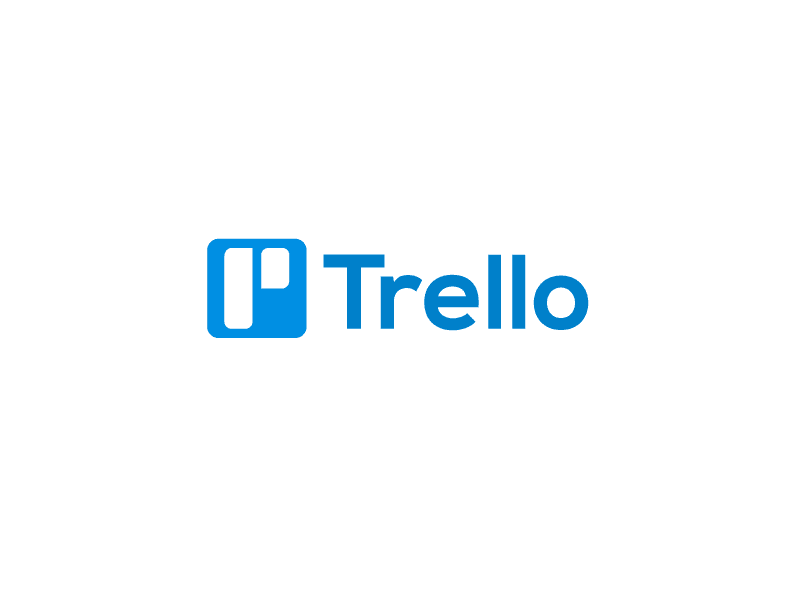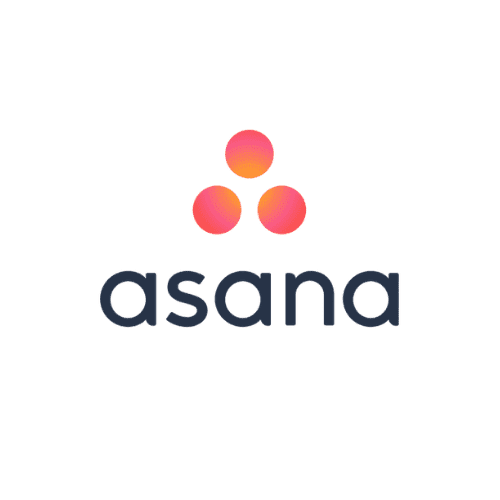Why Use SafetyCulture?
SafetyCulture is a powerful digital platform that can be used by industry leaders as an operations management software to streamline processes and make timely decisions in coordinating production based on collected data. Available as a web-based software and mobile app, SafetyCulture helps businesses stay on top of the team’s scheduled tasks efficiently and conveniently.
How to Use SafetyCulture as an Operations Management Software
Convert an existing paper checklist or create one from scratch.
You can now use your digital form anywhere using your mobile phone or tablet even while offline. You can also distribute the form to the appropriate personnel through the SafetyCulture form app.
Once completed, the data from the digital form is automatically uploaded to the cloud to serve as your backup. If your inspection or assessment was done offline, the data will automatically sync the next time you connect to the internet.
You can generate digital reports of your completed forms even while offline. These reports can also be distributed automatically to select personnel once a form or template is successfully completed. Reports can be exported in various formats for distribution.
Lastly, SafetyCulture form builder can be integrated with external Business Intelligence tools such as Tableau, Power BI, and Excel Online to automate your workflow each time a form is completed.



